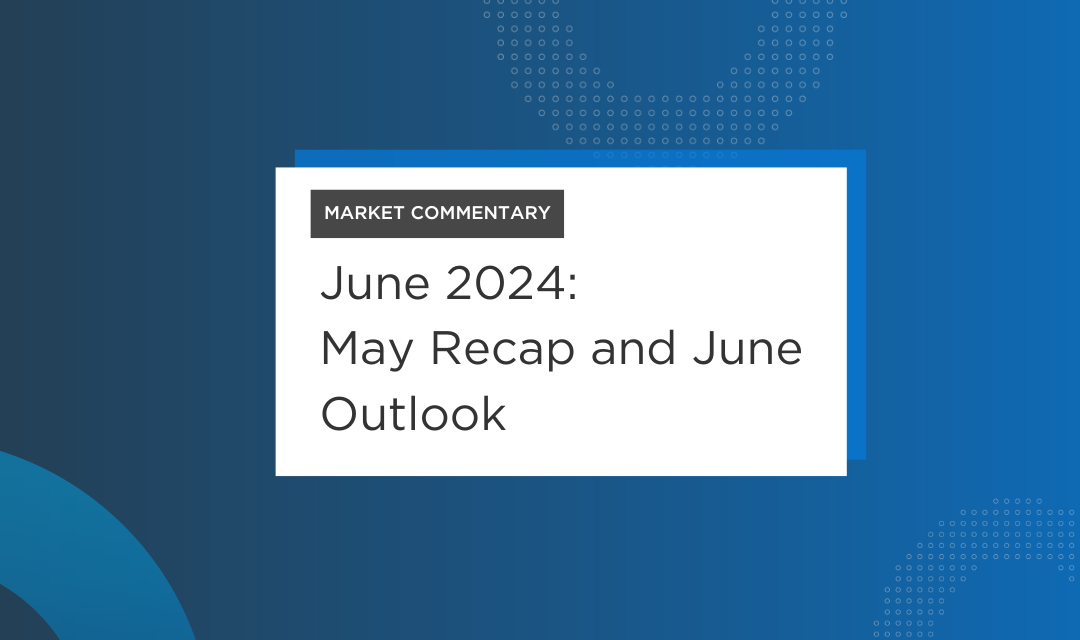Now that you’re at a new job, what should you do with your old 401(k)?
There’s nothing like starting a new job with a new company. You’ve gone through three rounds of interviews, you had your references checked, and then you finally receive that job offer you were waiting for. You accept the job. All of it was worth it. You’re on cloud nine and nothing can bring you down.
Fast forward to six months down the road where you’ve now gotten into the swing of your new work routine, and you begin to think back about your last role. Your two week’s notice was short and you begin to wonder if you wrapped up all the loose ends that you needed to.
For many of us, this is when we realize that we never addressed our 401(k) from our prior employer. While panic may set in, don’t let it. Your money isn’t lost, and you are the rightful owner of it so you don’t have to stress about not getting it back. What you do need to do is decide what you want to do with your 401(k) now that you’re employed by a new company.
Before Google takes you down a rabbit hole, read below to find out a options available to you related to your 401(k) now that you have a new job.
1.You can leave your plan where it is
If you don’t mind having more than one 401(k) plan, then you don’t need to do anything. Many employers allow you to keep your money where it is. The only downside is that your employer’s vesting ends with your termination date. That means that the amount you accrue will not increase beyond what you contributed and what your employer has already matched. Former employees may elect this option if they prefer the investment options of a former plan, or if they want to diversify their investments. Just make sure your personal contact informatio is always updated because if your former employer ever goes out of business or terminates the plan, they’ll need to contact you to begin a distribution.
2.Your former employer’s plan can roll into your new employer’s plan
When you elect to have your last employer roll over your former 401(k) plan into your new employer’s plan, all your money quickly becomes in the same place. You’ll need to first confirm that your new employer’s plan allows for this type of direct transfer. If they do, the amount you contributed to your former 401(k) will be transferred over to this new plan by your former employer’s plan directly, with no additional tax penalties hitting you. You can then choose how to allocate the funds to match the investment offerings from your new plan.
3.Your former employer’s plan can roll into an IRA
Another option to consider is transferring your savings into an Individual Retirement Account (IRA). These types of accounts can be opened through a bank, investment companies, or a brokerage. With an IRA rollover, you’re able to retain the tax benefits from your 401(k) account while taking more control over your investments as you’re typically able to select from a wider range of investment options. Do your research and compare different plan options before opening a new IRA.
4.You can cash out your savings
If you are decide you don’t want to have the funds go into a new retirement account, you can opt to cash out. When you do this, a minimum of 20% of taxes will be withheld, in addition to a 10% penalty that you will be hit with if you are under the age of 59 ½. You’ll also need to report this on your taxes which could potentially put you in a higher tax bracket.
How to Choose
So, now you may be wondering, how do you decide what option is the best for you when there are so many options? To come to an answer, it’s important to understand your tax status and your long-term financial goals to determine what you should do with your former 401(k) plan.
Changing jobs provides an opportunity to plan for your taxes. The goal whenever you file taxes is to always remain in the lowest possible tax bracket. That means if you play smart with your former 401(k), you can remain in a lower tax bracket. For instance, taking money out of a 401(k) early often results in hefty tax penalties, so it often makes sense to wait to take money out until you retire. Also, after looking at your taxes, you may realize that you are better suited for a Roth IRA, which doesn’t have an income limitation, unlike your employer-sponsored Roth 401(k) which has income limits. Once you pay the initial taxes you owe, this Roth IRA will grow tax-free and there won’t be any minimum distribution requirements until age 72.
While you’re tax planning, you’ll also want to be cognizant of where you are investing your money. Look at each plan and where you can invest within each plan. Good investments are typically diverse and allow for different risk strategies that you are comfortable with.
At the end of the day, it’s important to think about your 401(k)-rollover strategy as part of your onboarding process with your new job. As you are signing up for your new 401(k) plan, decide what you want to do with your former plan. When you take this step, you are ensuring that your finances are and in order and that you are selecting an option that best meets your financial goals, as you progress towards your career goals.
Investment advisory services offered through TCG Advisors, an SEC registered investment advisor. Insurance Services offered through HUB International.
Although the information in this blog has been compiled from data considered to be reliable, the information is unaudited and is not independently verified.
Different types of investments and investment strategies (including the investments purchased and/or investment strategies devised by Advisor) involve varying degrees of risk, including the complete loss of principal invested, and there can be no assurance the future performance of any specific investment, investment strategy or product detailed in this report will increase in value, be profitable or equal any corresponding indicated historical performance level(s).
Financial assistance is available! Get matched with a Financial Advisor:


